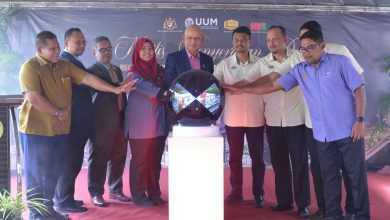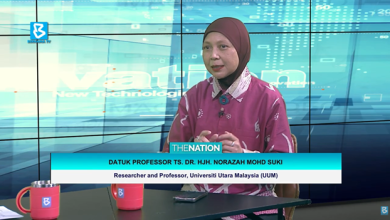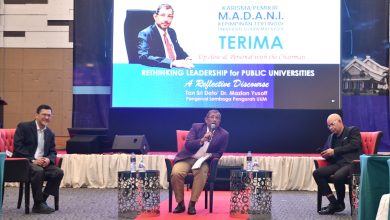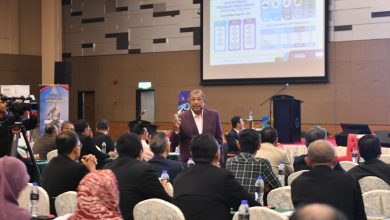UUM Soars 95 Places in QS Sustainability 2025
SINTOK, 10 December 2024: Universiti Utara Malaysia (UUM) achieved a remarkable milestone by securing the 745th position among 1,751 universities worldwide in the QS World University Ranking: Sustainability 2025.
This marks an impressive advancement of 95 places from the 840th position in the previous edition.
The Vice-Chancellor, Prof. Dato’ Dr Mohd Foad Sakdan, said that the ranking highlights the university’s dedication to the implementation of sustainable initiatives and upholding social responsibility based on the principles of Environment, Social, and Governance.
The QS World University Ranking: Sustainability 2025 employs three main categories as the basis for its evaluation. These categories are environmental impact (comprising three indicators), social impact (with five indicators); and governance.
In the governance category, UUM is ranked 465th in the world, further reinforcing the strength of the university’s ethical and holistic organisational culture.
In addition, this achievement exemplifies the university’s unwavering commitment to the global sustainability agenda. This success not only acknowledges the efforts of UUM but also highlights the university’s obligation to drive sustainable development and impart sustainability values among its students.
With this ranking, UUM is now well-positioned to enhance its contributions to sustainable development through innovative research, sustainable education, and community engagement.
The university remains committed to ensuring that future generations of students acquire a comprehensive education in sustainability and bring about positive change.
The QS World University Ranking: Sustainability 2025 serves as an important platform for universities worldwide to assess their contributions in addressing global challenges. This aligns with UUM’s aspiration to maintain its relevance and competitiveness on the global stage.
This acknowledgement serves as evidence of UUM’s commitment to integrating the principle of sustainability into its core operations of the university and thus fostering a more sustainable future.





